Interview with the director of the Fundación Mar de Niebla, Héctor Colunga, after his participation in the 1st International Congress of Leisure and Sociocultural Action.
Héctor Colunga has a long career in the social and educational world that has linked him on numerous occasions with Catalan organizations and their people. The current director of the Fundación Mar de Niebla, in the town of Gijón, reflects on the community dimension of education in leisure time. For the winner of the Fundació Princesa de Girona 2015 prize , the leisure model that is promoted will be determined by the type of society we want.
He points out that leisure education can become a valuable protection against polarized societies , such as ours, which tend to create " small tribes " without the ability to communicate with each other. An educational field that sustains is capable of " structuring and empowering" communities with true capacity for social transformation.
What do we mean when we talk about leisure in your field?
It is something very broad. We like to talk about educational leisure and education in leisure, which is still an occasion to transform and develop opportunities from different logics. First, from a personal logic throughout life: learning, generating experiences and accumulating experiences. Second, to connect people who share interests who can share and learn together.
For us, the important thing is the leap in impact and community connection. Through education in leisure time, a community can be structured that is empowered and has the capacity for transformation.
And why is it relevant in the field of childhood?
It is valuable because it is a vital stage in which all the inputs that arrive help a development process, to make it richer and that really allows the generation of authentic opportunities and alternatives in the construction of life. Not only in personal logic, but also collective and professional.
Leisure education can create a community that is empowered and has the capacity to transform.
If we only focus learning spaces in formal environments, we are wasting all the potential that children experience at this stage, for example relying on the contexts: the community, non-formal environments or the family environment. I think that the big step is to be able to find in education and leisure some fantastic excuses to make the boys and girls have real relationship opportunities.
Do you think it should go beyond opportunities and become rights?
It is a right. Really when we talk about leisure and participation, we are talking about rights. Another thing is that we have not assumed and developed them, and that in our imagination there are different levels of rights. People have free time and the way we use it we are generating a vital project 'X' or 'Y', we are generating a society 'X' or 'Y'. What you have to decide is which model of society you want to generate, the model of society we want will mark the type of leisure that is promoted.
If I want a society that is disconnected, unproactive or insensitive to its context, I create consumption frameworks that provide immediate satisfaction and little more, to which those with resources will have access. If what I want is a model of a transformative, equitable, full society, that helps people discover concerns and curiosities, I will have to make a bet for an educational leisure that channels these opportunities and potentials.
The model of society we want will set the type of leisure that is promoted.
From which areas are these potentials promoted?
Leisure is a tool that is at your disposal to achieve many things. You can approach education contexts in your free time in non-formal education settings, in school settings, in inclusive social environments. You can really do it anywhere, the question is what intention do you give to these types of activities and constructions of free time occupation so that it really has a meaning and a sensitivity towards the relationship we establish with the environment.
How would you develop this educational leisure with diverse groups?
I don't understand an environment that doesn't try to move towards real inclusion. Well-constructed leisure that allows experimentation and connection with diversity is an element of protection in a polarized society like the present where we tend to relate to those people who are and think like us.
This is a very complex risk factor to address, because small tribes of opinion are created that when they make contact may have such a different view of the world that they don't recognize each other. This creates environments of disaffection, conflict and polarization. Part of it is already happening right now.
Where to start?
If you approach leisure from a logic of breaking down these barriers, putting people in contact who would never connect, you are getting to know reality. When this happens you recognize others, you make history. You minimize the risk factors that make people talk about "them and them". As a society, the principles of respect and coexistence do not emerge on their own, they require intentionality and for me education in free time is the most natural tool. When you experiment in a quiet environment learning emerges much faster than when you do it forced or without interest.
Well-constructed leisure is an element of protection in a polarized society.
This through a collective leisure, is not an individuality contemplated?
We are individual beings, but the problem is when everything begins and ends with one. Especially in childhood, interests and tastes are marked by the family network. In adolescence you begin to explore what interests you and leisure takes on much more force. If you take a collective and diverse approach to leisure education, which offers a wide range so that anyone can feel active and fulfilled in these environments, you will be increasing protection.
When we approach leisure from the logic of individualized entertainment, it remains only that. I also like to sit on the couch and binge watch series, it's fine, nothing happens. But the problem is when there are no alternatives that allow you to connect with interests that you did not know and that you can explore.
What is the role of participation in leisure education?
It is the development model to follow. For example, if I have never played the guitar, someone will have to teach me. If I connect with that I'll probably end up deciding which songs I like and want to play, but someone will have helped and accompanied me in the first place. It's hard to experience something new without someone pushing me, so to speak, to try. You can decide how to participate when you are informed and know all the potentialities. The process of education in leisure linked to the processes of education in participation must tend to open the way for children and young people to make decisions.
Empowerment is this, that people take part in the power, that is to say, make decisions. There will come a time when they will make decisions that may not be the ones you want, and that's okay. This is where professionals and volunteers must realize that the important thing is that they make decisions, even those that involve other people. This is the culmination of leisure education.
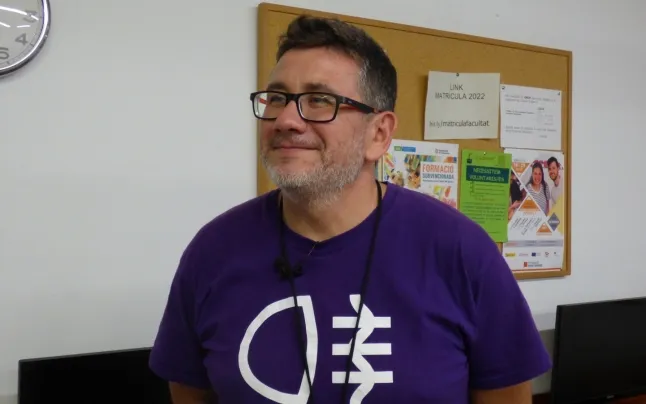
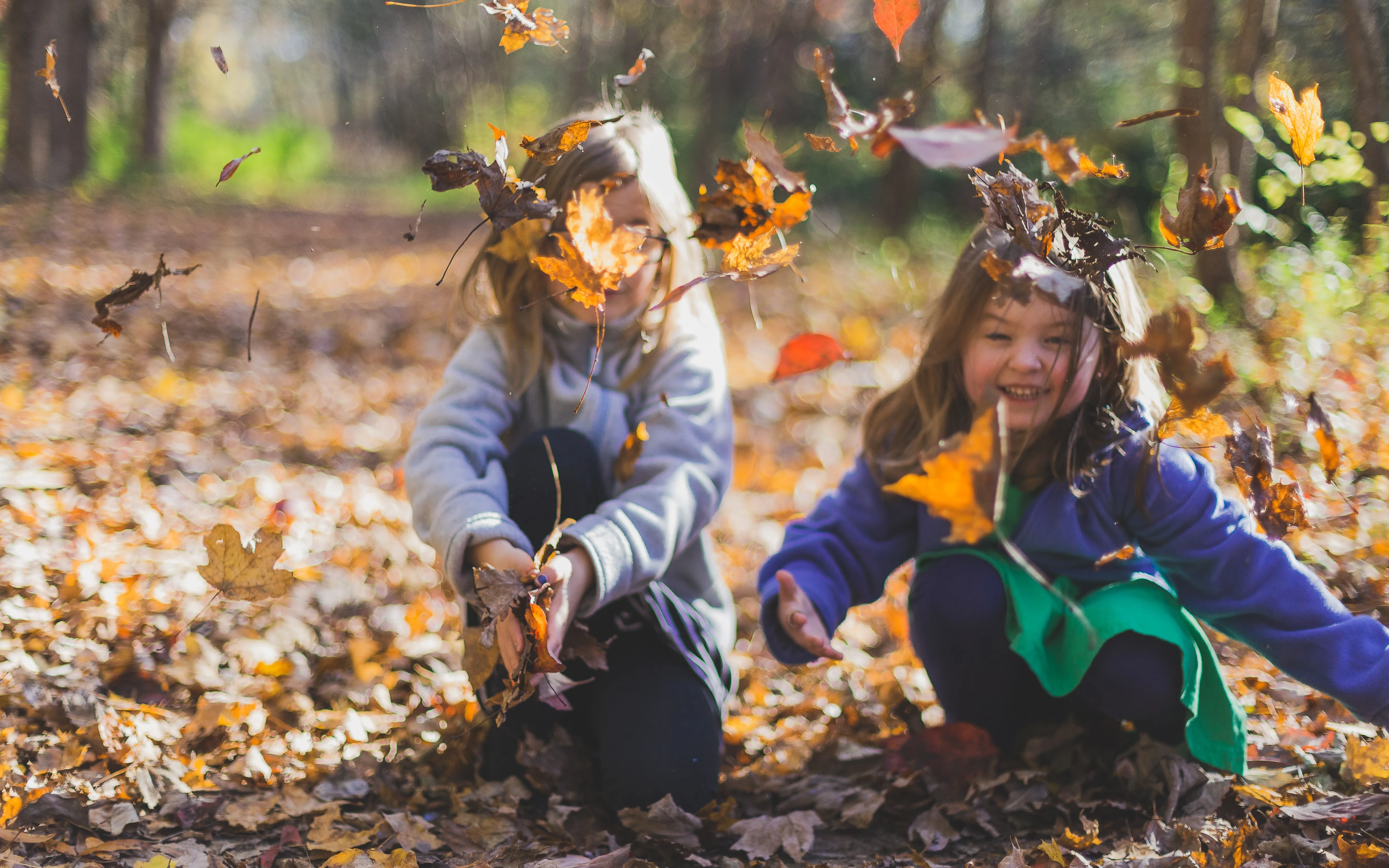


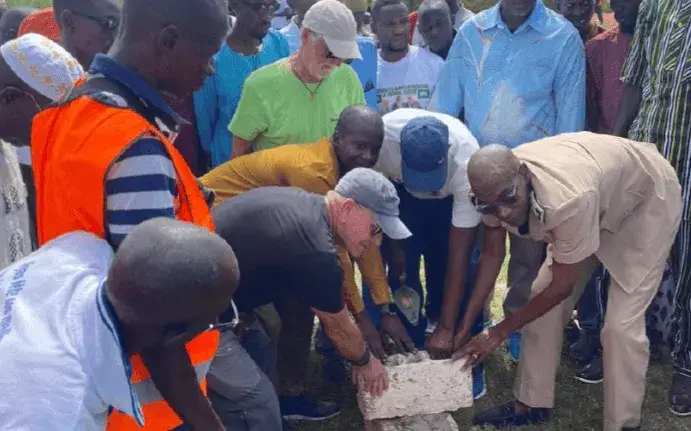

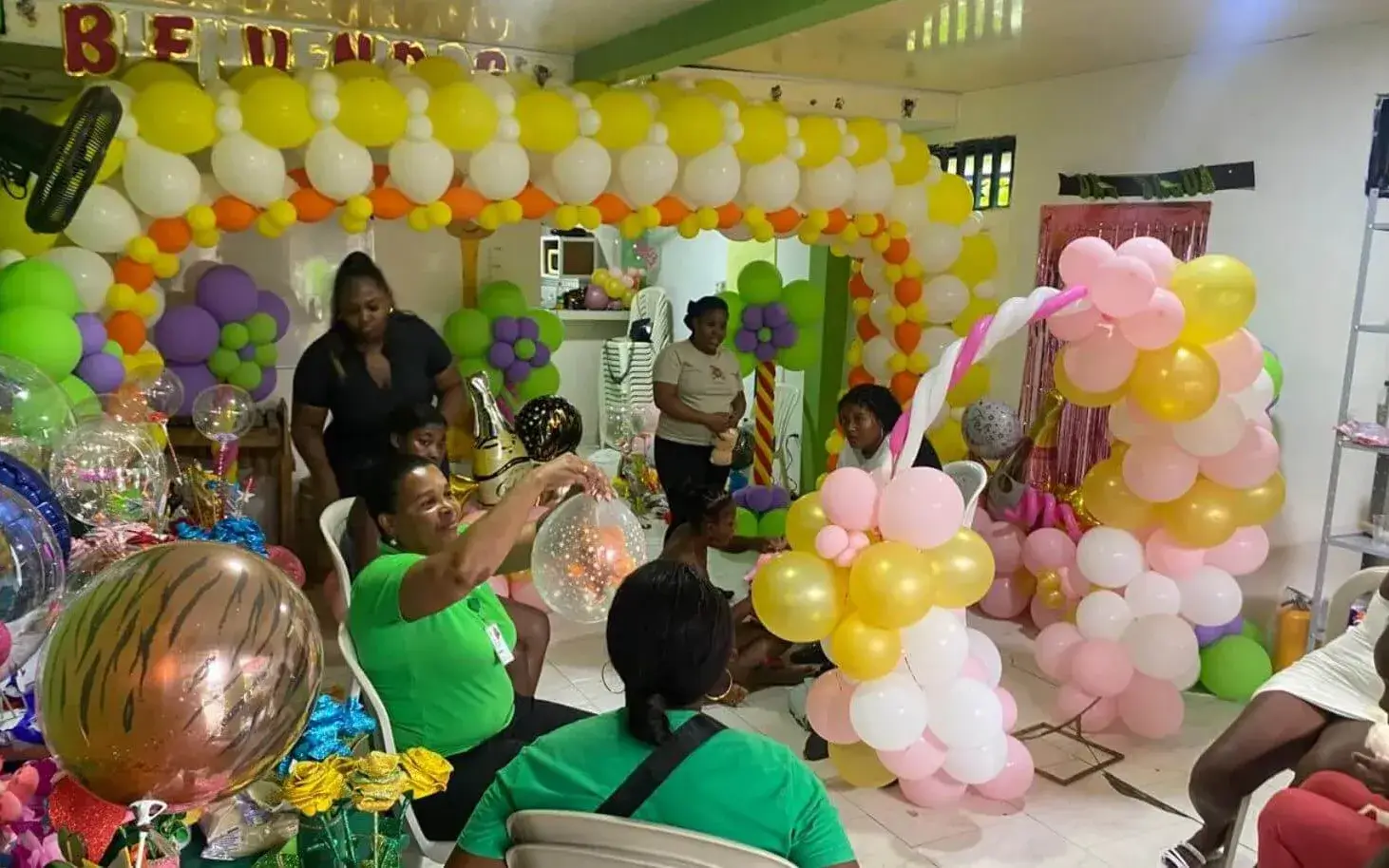
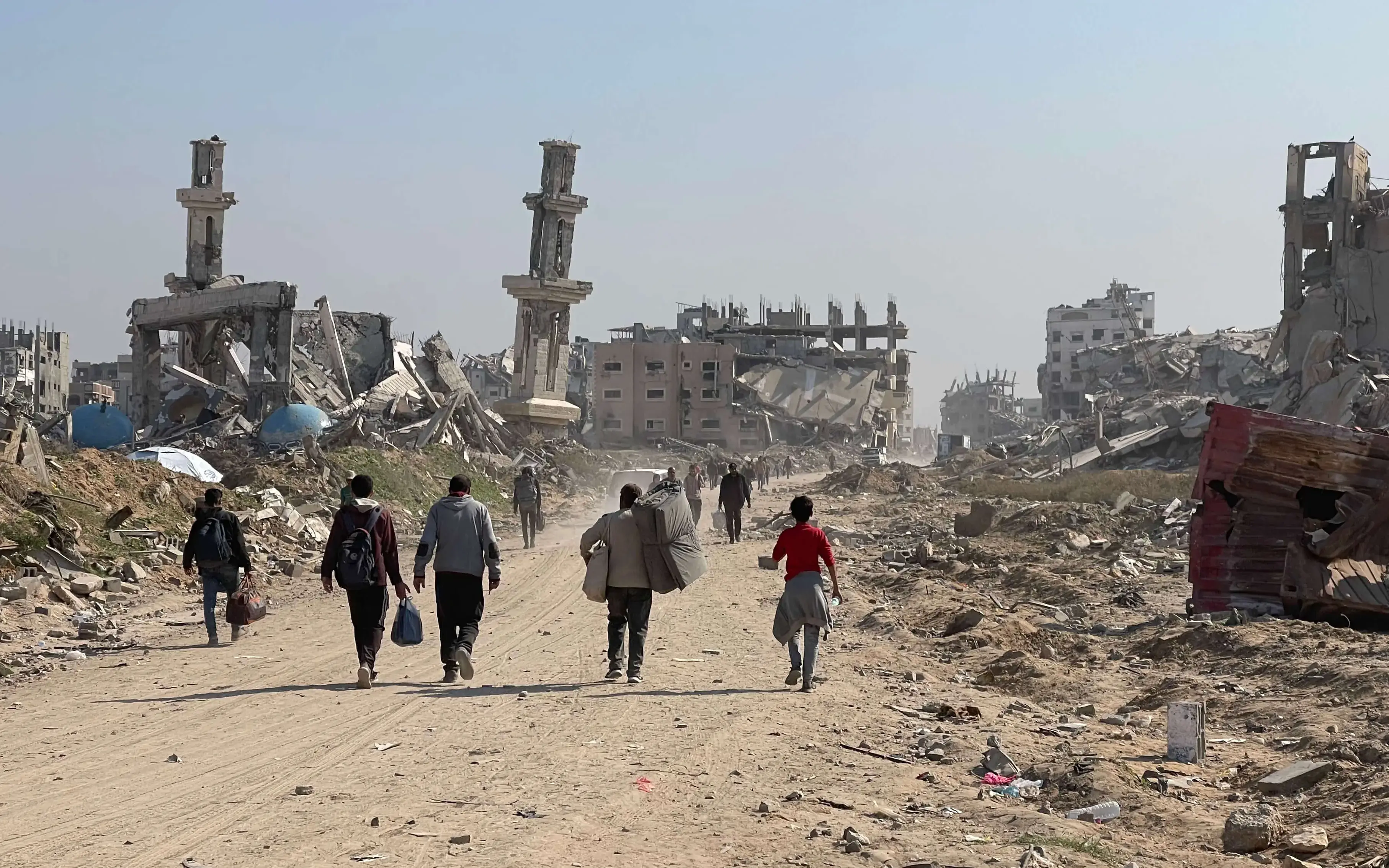
Add new comment